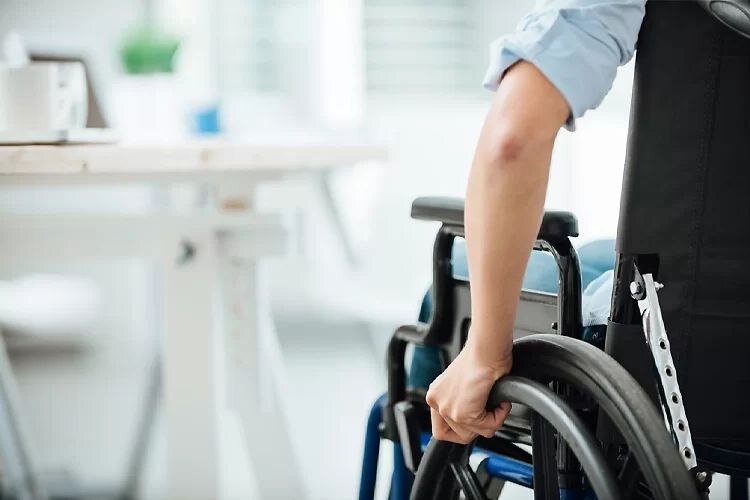UNICEF supports students with disabilities to continue education

TEHRAN –The United Nations Children’s Fund (UNICEF), in cooperation with the Special Education Organization, is running a program to help children with disabilities from low-income families pay for their medical care and stay at school.
Currently, the program is being implemented in nine provinces, covering 1,554 children with disabilities, each of whom received cash support of about 50 million Rials (almost 44 dollars).
It helps families pay for medical care, rehabilitation, and school supplies, so their children can stay in school and continue learning. In the next phase, another 2,564 children in other provinces will also receive such support, the UNICEF website announced in a press release on October 5.
In addition to direct financial aid, UNICEF is working to improve how schools and health centers support these children.
Teacher Training: In Khorasan Razavi province, more than 300 teachers and specialists completed a training program focusing on early support, better student assessments, and creating personalized learning and rehabilitation plans. This ensures schools are better equipped to understand each child’s needs and help them learn more effectively.
Accessible Equipment: To make essential services more accessible, UNICEF provided new occupational and speech therapy equipment to 53 rehabilitation centres in Khorasan Razavi, which helps specialists deliver better care.
Mobility and Hearing Aids: Across Khorasan Razavi and Sistan and Baluchestan, UNICEF has so far provided 36 hearing aids and 29 wheelchairs, ensuring more children can fully participate in school and daily life.
These comprehensive efforts show that by working with national partners, UNICEF is building a future where every child, no matter their ability, can learn, grow, and thrive, ultimately opening opportunities for all.
Other services
Enhancing emergency preparedness for children with disabilities is among the other services provided by UNICEF and its partners.
The 26th national “Earthquake and Safety” drill, marked by the earthquake bell, has been simultaneously held in schools across the country with a distinctive focus on the safety and readiness of students with disabilities and special needs.
The objectives of earthquake drills in schools are to increase students’ awareness of earthquakes, prepare them to respond correctly and quickly, and familiarize them with natural disasters, empowering them to face such events, the UNICEF website announced in a press release on May 8.
Additionally, these drills aim to enhance the community’s safety culture, secure schools, and reduce earthquake casualties and damage. The drill at the special school, specifically aimed at promoting earthquake preparedness for children with disabilities, also gathered valuable feedback on the training materials.
Held on November 27, 2024, the drill was conducted by UNICEF and the United Nations Educational, Scientific and Cultural Organization (UNESCO) in partnership with the International Institute of Earthquake Engineering and Seismology (IIEES) in line with the ongoing project ‘Comprehensive Earthquake Preparedness Education Plan for Children with Special Needs and Disabilities’.
This initiative underscores the critical importance of preparing children with disabilities to face natural disasters and mitigate their impacts, representing a significant step towards inclusive disaster preparedness and fostering a safer and more resilient future for Iran’s young generations.
Under a globally unique program called ‘Earthquake Preparedness Education for Children with Disabilities’, UNICEF and its partners have developed three books, each targeting different stakeholders, including parents/caregivers of children with disabilities, teachers, and policymakers.
Throughout the books, UNICEF and UNESCO, in collaboration with the IIEES, offer guidelines on disaster management, including mitigation, preparedness, response, and recovery, focusing on children with hearing impairments, mobility impairments, and autism spectrum disorder, the UNICEF website announced in a press release on January 19.
The development process of these books involved consultations with children with disabilities and their families, Organisations of Persons with Disabilities (OPDs), teachers from the Special Education Organization, social workers from the State Welfare Organization, and aid workers from the Iranian Red Crescent Society (IRCS).
Furthermore, four consultative training workshops were held, where teachers, social workers, and aid workers learned and provided feedback on strategies for supporting children with disabilities before, during, and after earthquakes.
Looking ahead, UNICEF Iran plans to work with its partners to mainstream these resources in the annual earthquake and safety drill organized each year in schools and develop an inclusive guideline for the drill.
MT/MG
